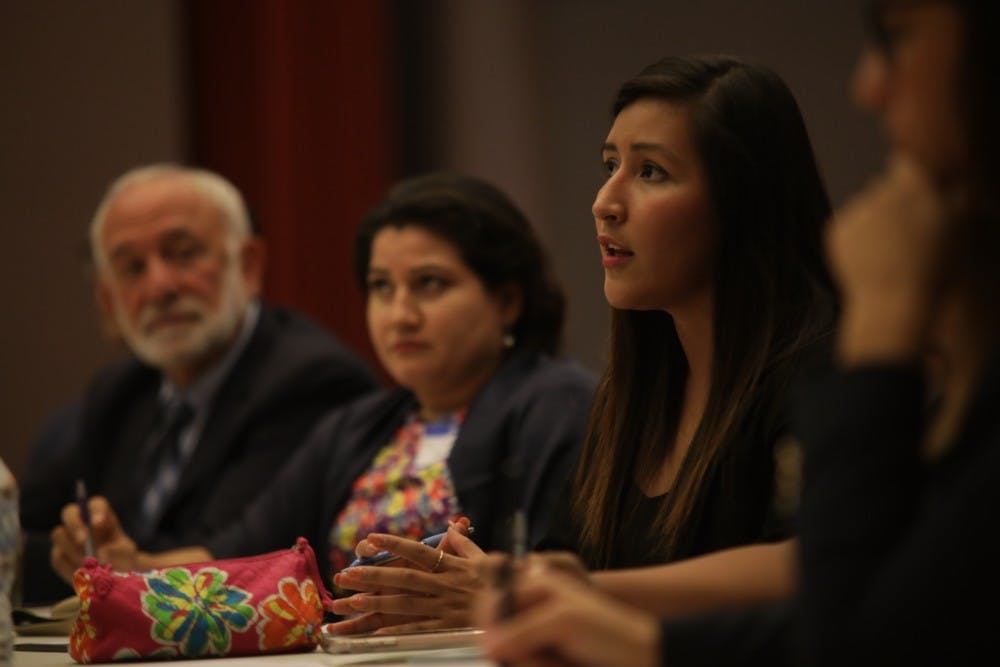Deans, directors and department heads at UNC received a briefing this summer in preparation for possible visits from federal or state agencies, like U.S. Immigration and Customs Enforcement – leaving some University employees concerned.
Executive Vice Provost and Chief International Officer Ron Strauss sent the briefing on May 4 in a memorandum, vetted and approved by University leadership like the Office of University Counsel, Student Affairs and UNC Police. The memo listed guidelines on responding to requests from government agents of information about a student, faculty or staff member.
According to a response guide attached on the email, agencies may ask for information related to immigration issues, export control, compliance with applicable laws and national security issues.
“This was an effort to be proactive just in case agents present themselves at UNC-Chapel Hill,” Strauss wrote in an email to The Daily Tar Heel. “It was not in response to any specific incident.”
Strauss emphasized the memo’s importance in an email on May 2 to Vice Chancellor for Public Affairs Clayton Somers.
“We are eager to get this out to the campus as there is concern that we might experience visits from Federal or State agents at any time now and that our staff are not prepared for how to manage such visits,” Strauss' email read.
The guide recommended University employees immediately reach out to UNC Police and the Office of University Counsel if contacted by government agents. It urged employee reluctance to disclose any information, citing policies like the Family Educational Rights and Privacy Act (FERPA), which are designed to protect the private information of students and faculty.
ICE has received widespread criticism in the past year over its non-targeted arrests, like the detainment of 25 people who were undocumented in the Triangle area last April. The arrests kickstart deportation proceedings in immigration courts.
Bryan Cox, ICE’s Southern region communications director, said to the best of his knowledge, no visits have been made to the University by ICE agents and none are planned.




